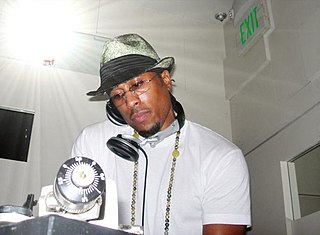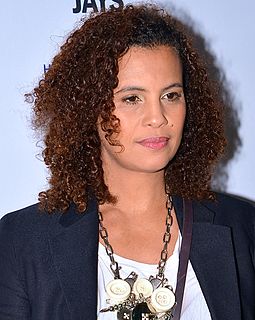A Quote by Ali Shaheed Muhammad
In 2016, the conversation of the black experience is so broad, and it's very raw. I mean, c'mon, we have a black president. That's a major thing, and there are so many other significant occurrences that have come from the '60s and '70s up to now.
Related Quotes
The first thing that always pops into my head regarding our president, is that all of the people who are setting up this barrier for him... They just conveniently forget that Barack had a mama, and she was white - very white; American, Kansas, middle of America. There is no argument about who he is, or what he is. America's first black president hasn't arisen yet. He's not America's first black president. He's America's first mixed-race president.
I have a perhaps naive point of view informed by my own kind of snowflake-in-the-unique-sense rather than the political sense, personal story. I mean I feel like my experiences are so hard to map onto any kind of generalized identity. For example, I'm a black person, but I come from a very particular black experience which is not unlike the experience of the Barack Obama. I have an African mother and a white father and I feel like I have a different experience of being a black person as a result of that identity than someone who is from the descendants of slaves.
'Smart Funny and Black' is basically a live black pop culture game show that I created. We have a live band. We have two contestants that we call 'blacksperts.' They come on stage and compete in games that I've created that test their knowledge of black culture, black history, and the black experience.
I would say I'm black because my parents said I'm black. I'm black because my mother's black. I'm black because I grew up in a family of all black people. I knew I was black because I grew up in an all-white neighborhood. And my parents, as part of their protective mechanisms that they were going to give to us, made it very clear what we were.
One of the facets of growing up the way I did, I never had the experience of being solely in the black community. Even my family, my mother is what they call Creole, so she's part French, part black, and grew up in Louisiana. It's a very specific kind of blackness that is different than what is traditionally thought of as the black community and black culture. So, I never felt a part of whatever that was.



































